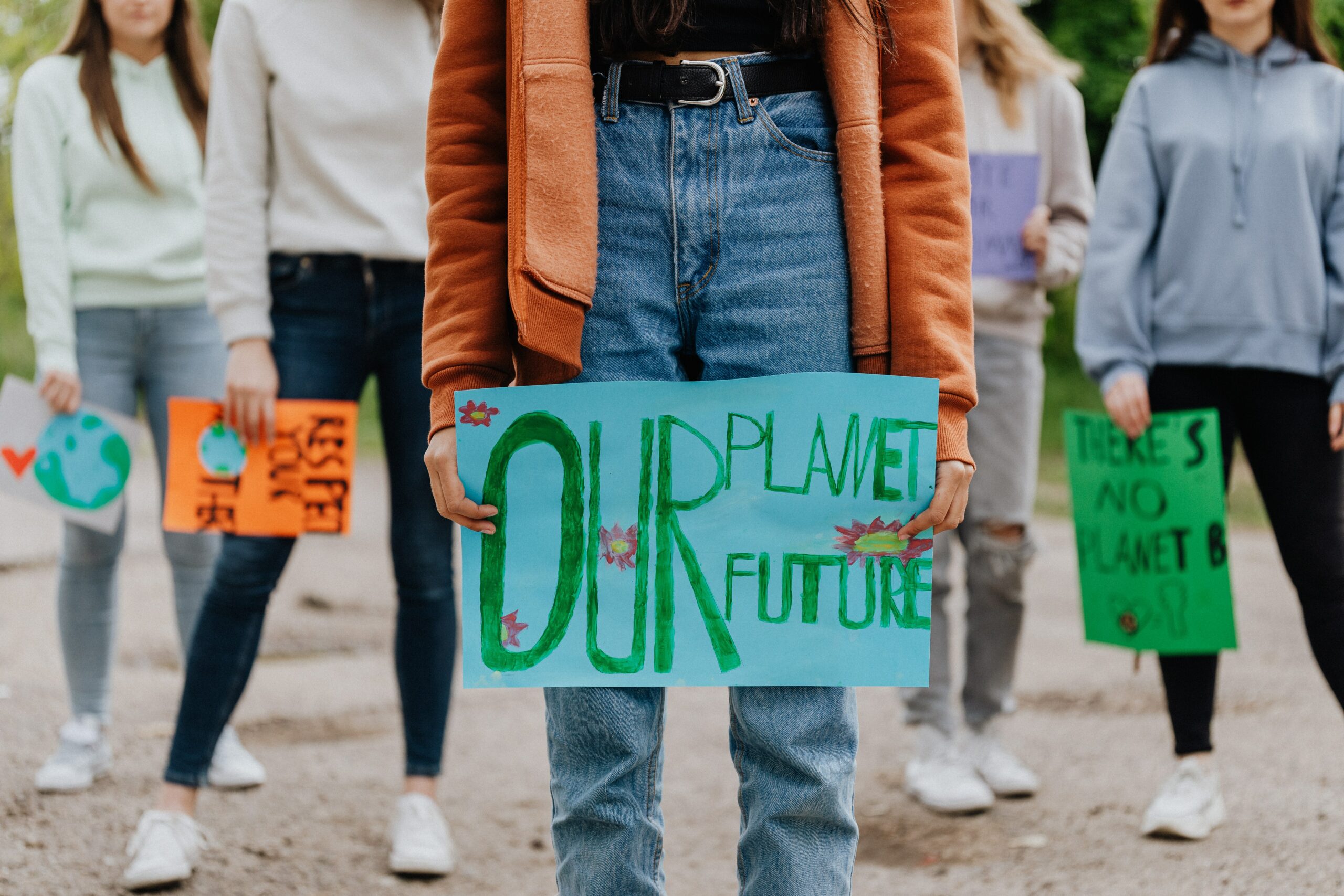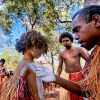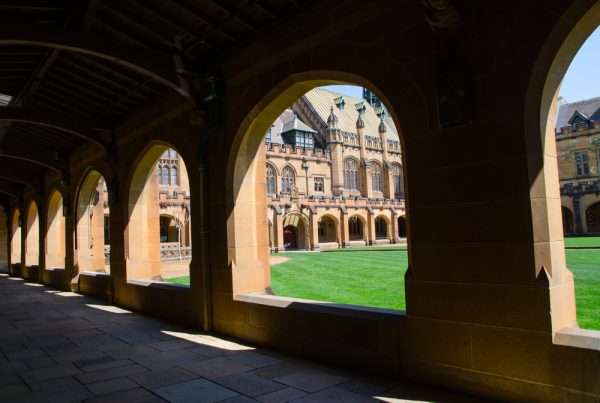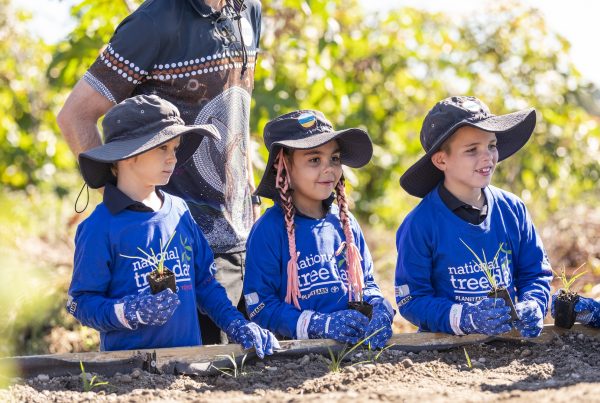As Australia celebrated the inauguration of the nation’s 31st Prime Minister, many wondered whether this conversion in government will eventuate to some much-needed transformation within the education sector, particularly the need to increase the quality and relevancy of sustainability education within the curriculum.

In 2008, the nation’s Education Ministers gathered to erect the Melbourne Declaration on Education Goals for Young Australians, which specifically referred to globalisation and the embedding of climate change awareness within the curriculum. However, in 2019, after a noticeable decline in academic achievements within Australian students’, the Melbourne Declaration was replaced with the Mparntwe Declaration, shifting the focus to critical and creative assessment. Ironically, the new declaration directly aligns with the most significant agenda in The Australian Curriculum, Assessment and Reporting Authority (ACARA), which is to improve numeracy and literacy standards, predominately due to the competitive nature of the National Assessment Program in Literacy and Numeracy (NAPLAN).
However, earlier this year, UNICEF released their first assessment on the status of children in 41 high-income earning countries of the European Union (EU). Australia ranked 39 out of 41 in terms of quality education, evidently proving that the Mparntwe Declaration and the Australian curriculum is not only ineffective but significantly flawed.
Furthermore, within the last two years, the Australian environment experienced a disastrous regression, including the Black Summer bushfires from 2019-2020, the ongoing damage to the Great Barrier Reef and, most recently, the devastating events of the floods throughout Queensland, the Northern Rivers of New South Wales and Sydney. Despite these emergencies, the nation still saw a lack of vision and strategy in combatting the evident climate crisis, with many of the younger generations wondering about the longevity of their futures.
Albanese has promised many noteworthy improvements to the Australian education system, such as cheaper childcare, free TAFE plans, and an increased budget for public schools. He has also committed to a variety of environmental policies in an endeavour see the protection and regeneration of the struggling eco-system. However, there appears to be no curriculum-based schemes in place – at least not yet – and particularly no inclusion of sustainability education. Australian students have been left unaware, unprepared, and unequipped to combat the very real issues concerning climate change.
Perhaps we can learn a thing or two from the UK.
In recognising the importance of including climate change awareness within the education sector, the United Kingdom government released their sustainability strategy earlier this year in April. Secretary of State for Education, Nadhim Zahawi, had these words to say:
“The challenge of climate change is formidable. For children and young people to meet it with determination, and not with despair, we must offer them not just truth, but also hope. Learners need to know the truth about climate change – through knowledge-rich education. They must also be given the hope that they can be agents of change.”
The UK government continued to state that they are committed to become world-leaders in sustainability education, implementing strategic aims that include learning and practical experience regarding reducing direct and indirect emissions from education buildings, embracing biodiversity, and navigating a world impacted by climate change.
Although there is currently a similar emphasis on prioritising Sustainability across all subjects within the Australian Curriculum, the government needs to stress the need for mandatory, culturally relevant climate change education, and must do so with direct leadership and support from ACARA.
Leaders of both education and sustainability at Monash University recently released an article detailing that the broad contours of the current climate education standards in Australia undermine the urgency in which it demands, stating that the cross-curriculum agenda “supports cultural and economic arrangements that are unsustainable politically, environmentally and ethically in the face of the current climate emergency, helping fuel it rather than mitigate or reverse it”.
It’s clear that schools are doing their best to be innovative in including various sustainability lessons despite the underwhelming support from our nation’s leaders. However, if Australia wishes to see the resurgence of valuable eco-systems and the development of informed and zealous young leaders, there must be a change, and it starts with our education leaders by increasing the quality of education, and by broadening the scope of the curriculum to include detailed and thorough climate change education.









